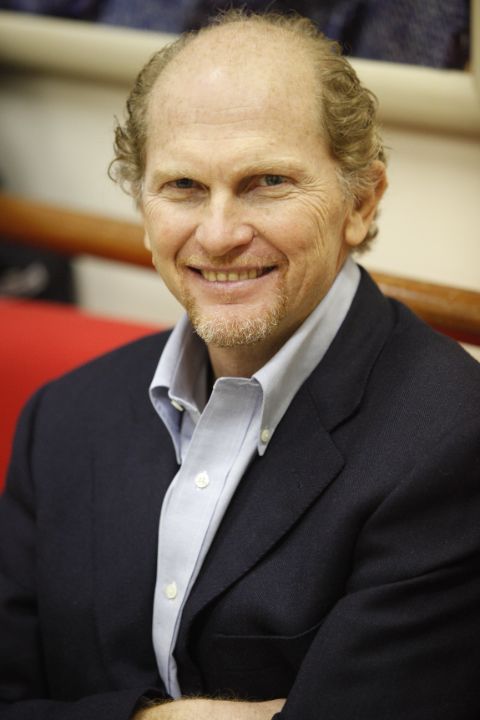Abstract Ballabio:
"The mechanistic target of rapamycin complex 1 (mTORC1) is part of a lysosomal signaling machinery that controls the cellular response to environmental cues. mTORC1 exerts its kinase activity on multiple substrates. However, whether mTORC1 responds to diverse stimuli by differentially phosphorylating specific substrates is poorly understood. Here we show that Transcription Factor EB (TFEB), a master regulator of lysosomal biogenesis and autophagy, is phosphorylated by mTORC1 via a substrate-specific mechanism mediated by RagGTPases. Thus, TFEB phosphorylation is strictly dependent on amino acid-mediated activation of RagC/D GTPase but, unlike other mTORC1 substrates such as S6K and 4E-BP1, insensitive to growth factor-induced Rheb activity. This mechanism plays a crucial role in Birt-Hogg-Dubé (BHD) syndrome, a disorder caused by mutations of the RagC/D activator folliculin (FLCN) and characterized by benign skin tumors, lung and kidney cysts and renal cell carcinoma. We found that constitutive activation of TFEB is the main driver of the kidney abnormalities and paradoxical mTORC1 hyperactivity observed in BHD syndrome. Remarkably, depletion of TFEB in a kidney-specific mouse model of BHD syndrome fully rescued the disease phenotype and associated lethality and normalized mTORC1 activity. Together, these findings identify a specific lysosomal signaling pathway, whose dysregulation leads to kidney cystogenesis and tumorigenesis."
More information regarding the seminar and how to enter the zoom meeting will be made sent out via email in due time.

